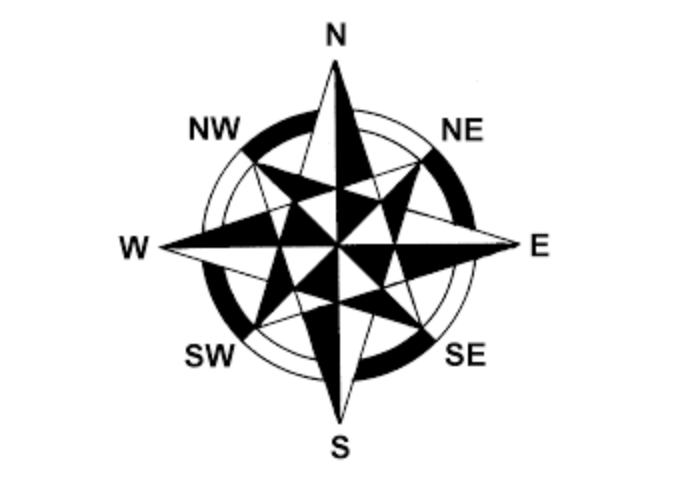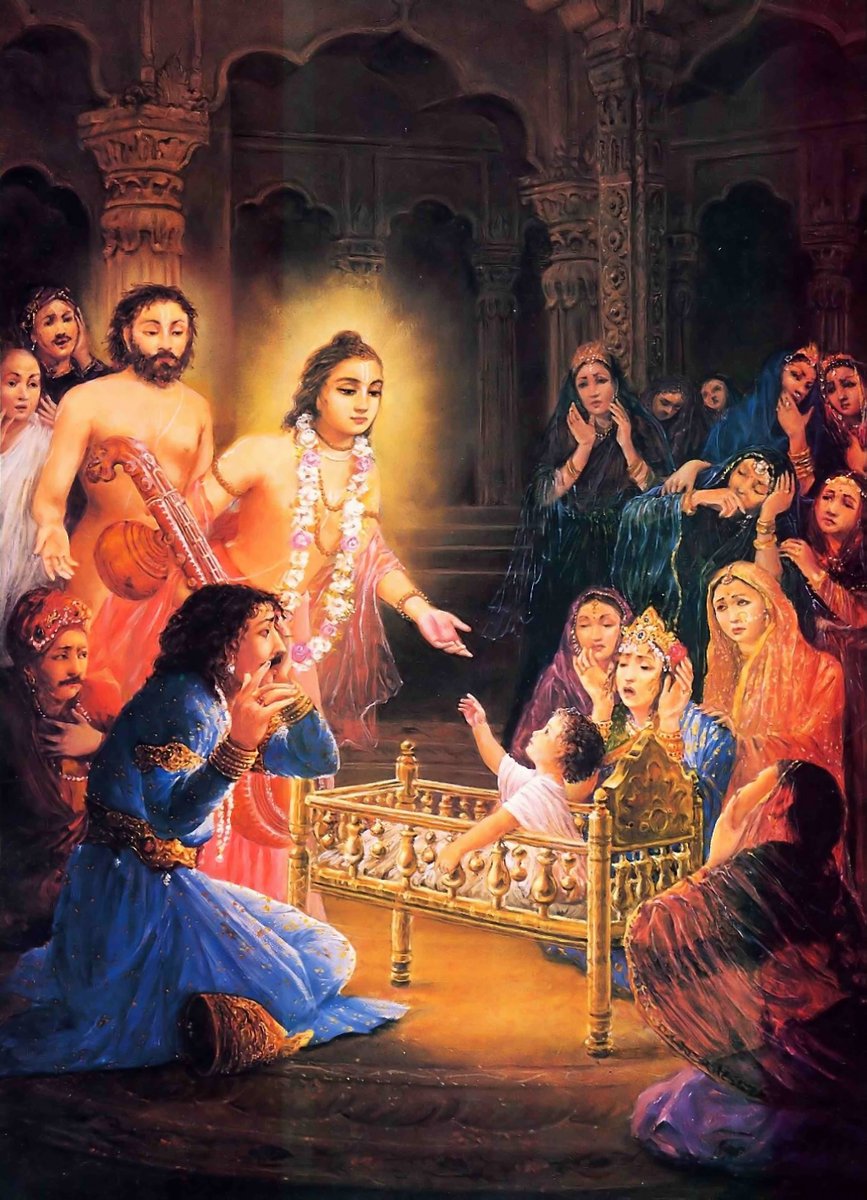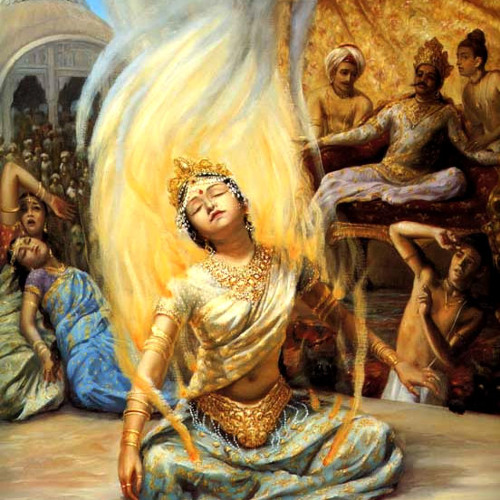
Story Teller, Astrologer by Hobby. Have a question? Send a DM!! I don't charge but reserve the right to respond :)
How to get URL link on X (Twitter) App


 2/5
2/5
 2/4
2/4
 2/10
2/10
 2/11
2/11
 2/7
2/7
 2/5
2/5
 2/6
2/6
 2/5
2/5
 2/9
2/9
 2/8
2/8
 2/9
2/9
 2/10
2/10
 2/11
2/11
 2/8
2/8
 2/9
2/9
 2/7
2/7
 2/5
2/5
 Once he reached a beautiful city having 9 gates. In the city he saw a young girl of superb beauty, she was accompanied by 10 servants and a serpent with five hoods.
Once he reached a beautiful city having 9 gates. In the city he saw a young girl of superb beauty, she was accompanied by 10 servants and a serpent with five hoods.
 2/4
2/4
 2/9
2/9
 2/5
2/5